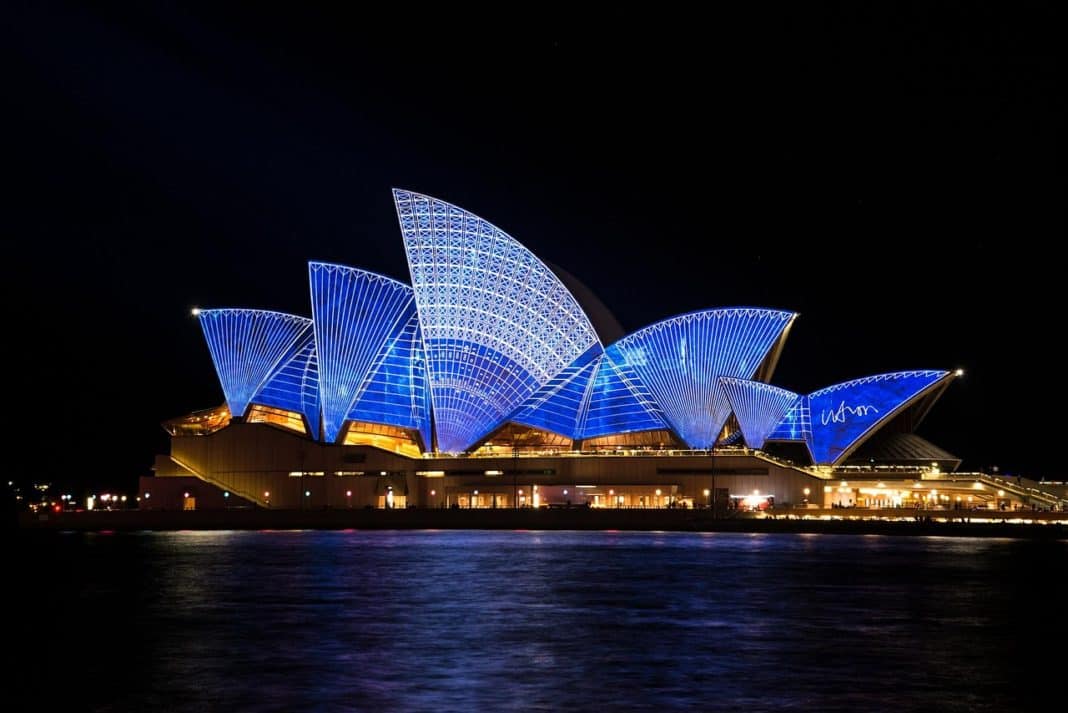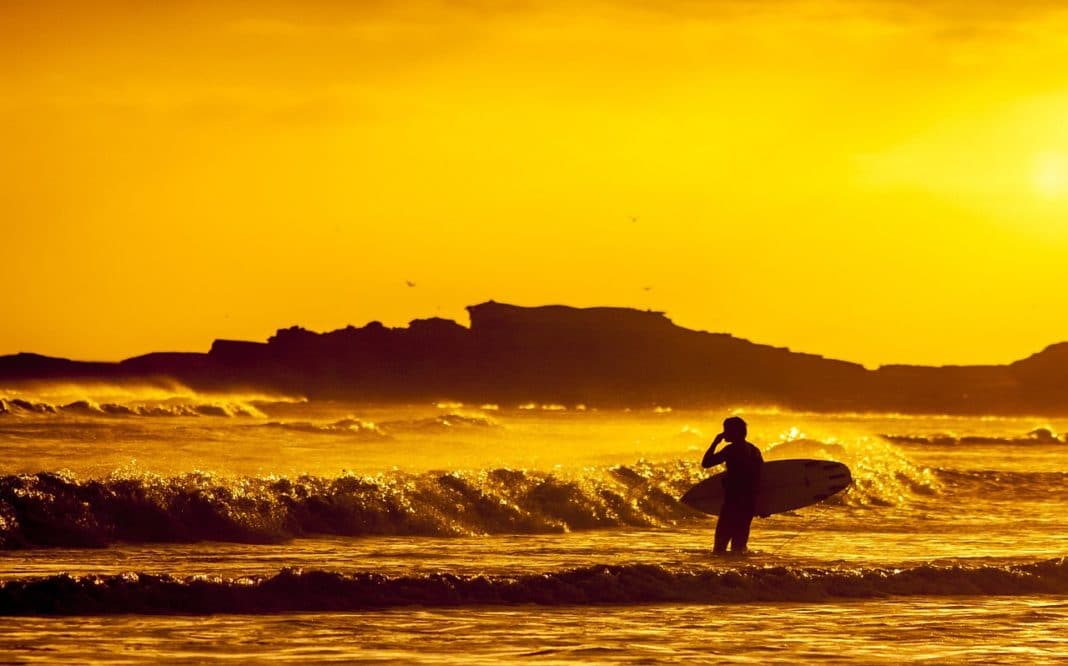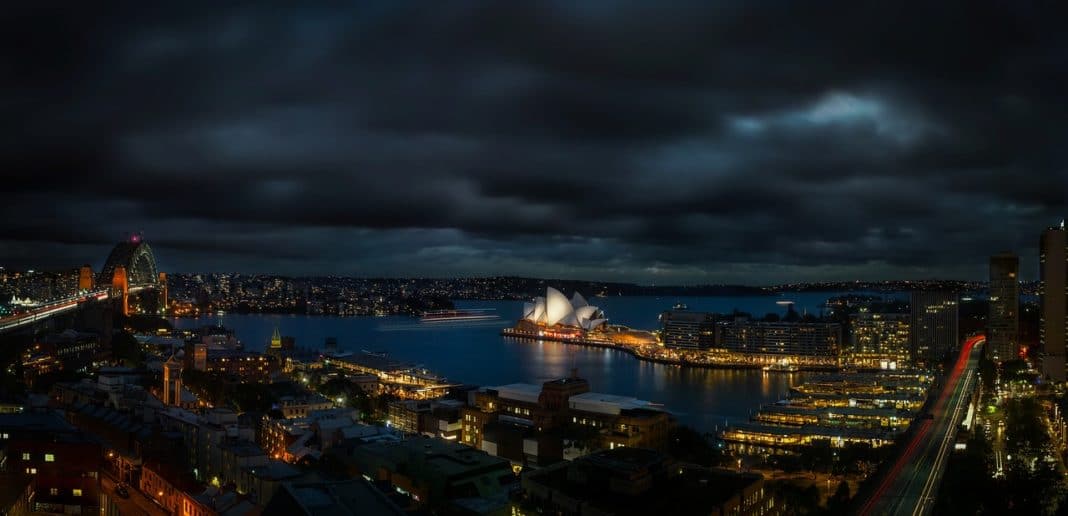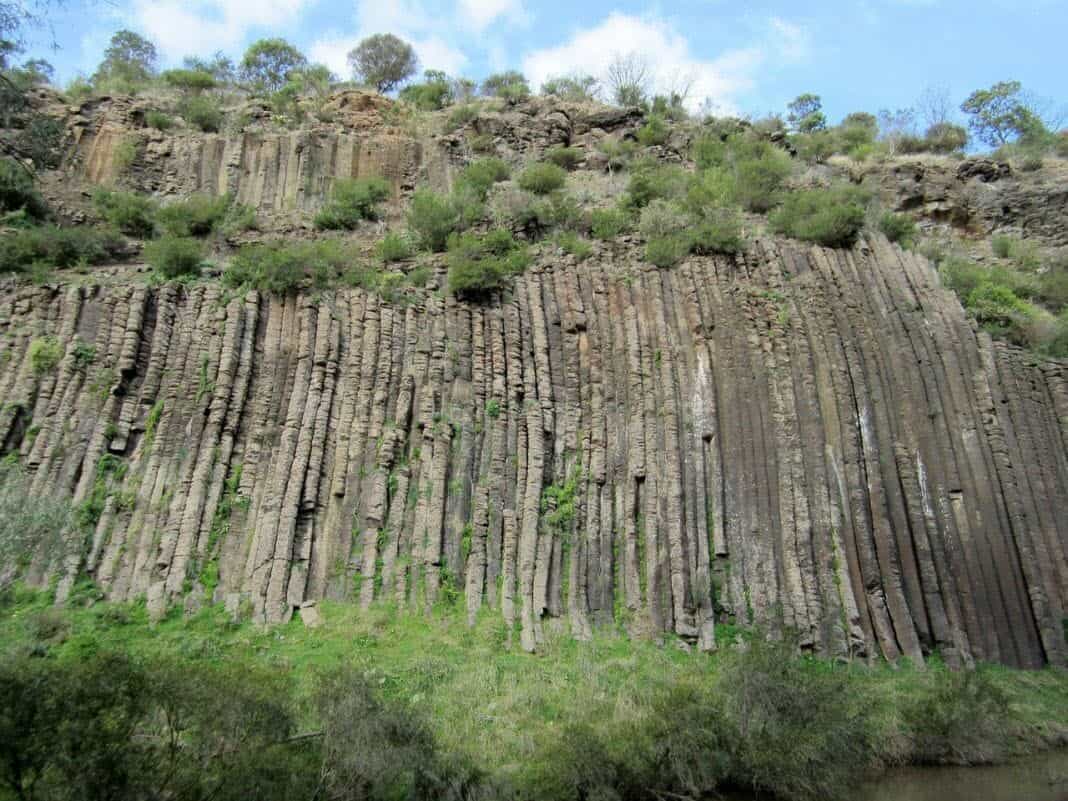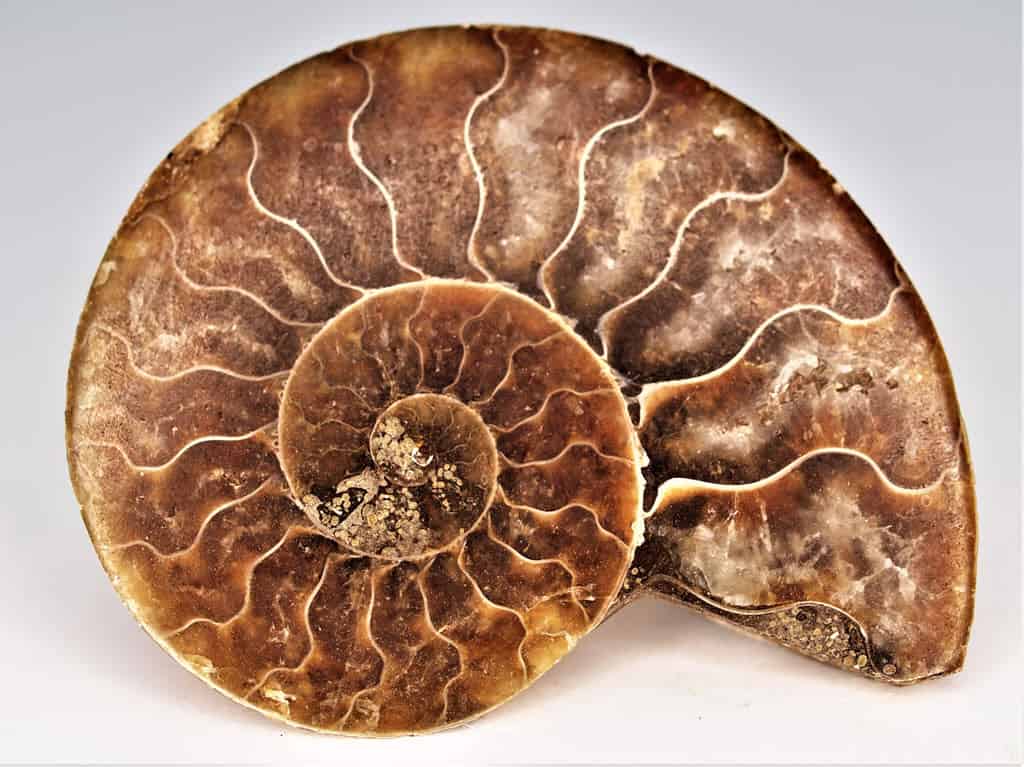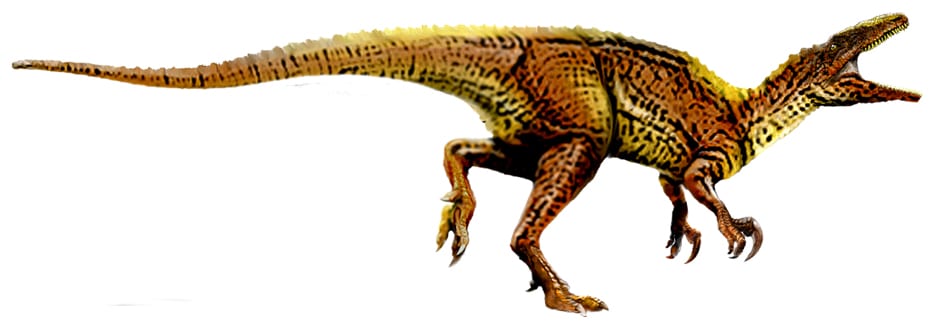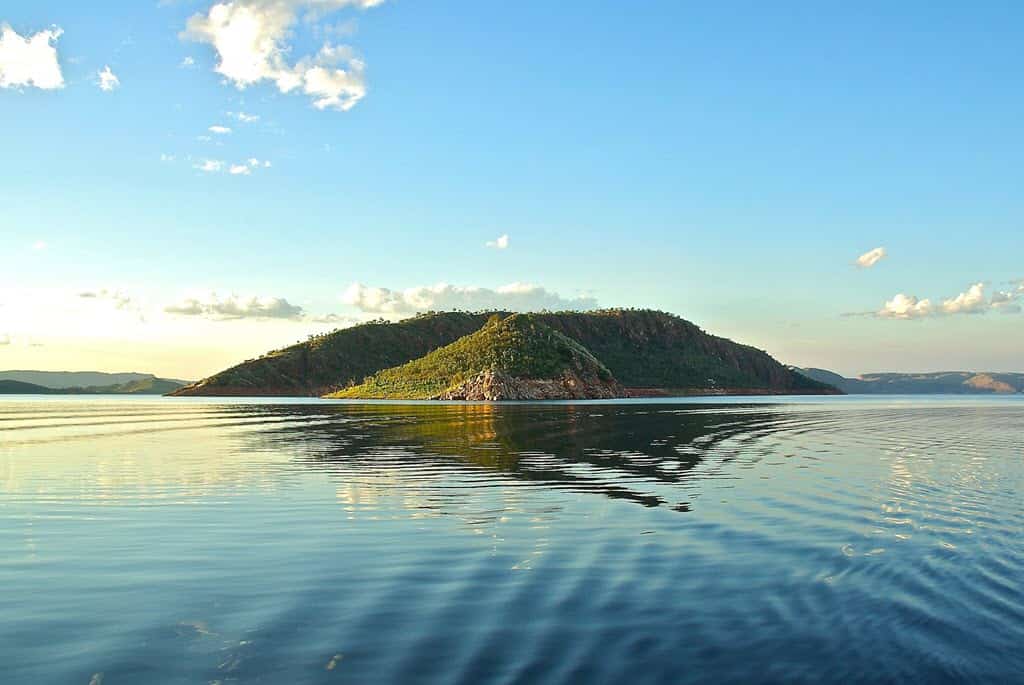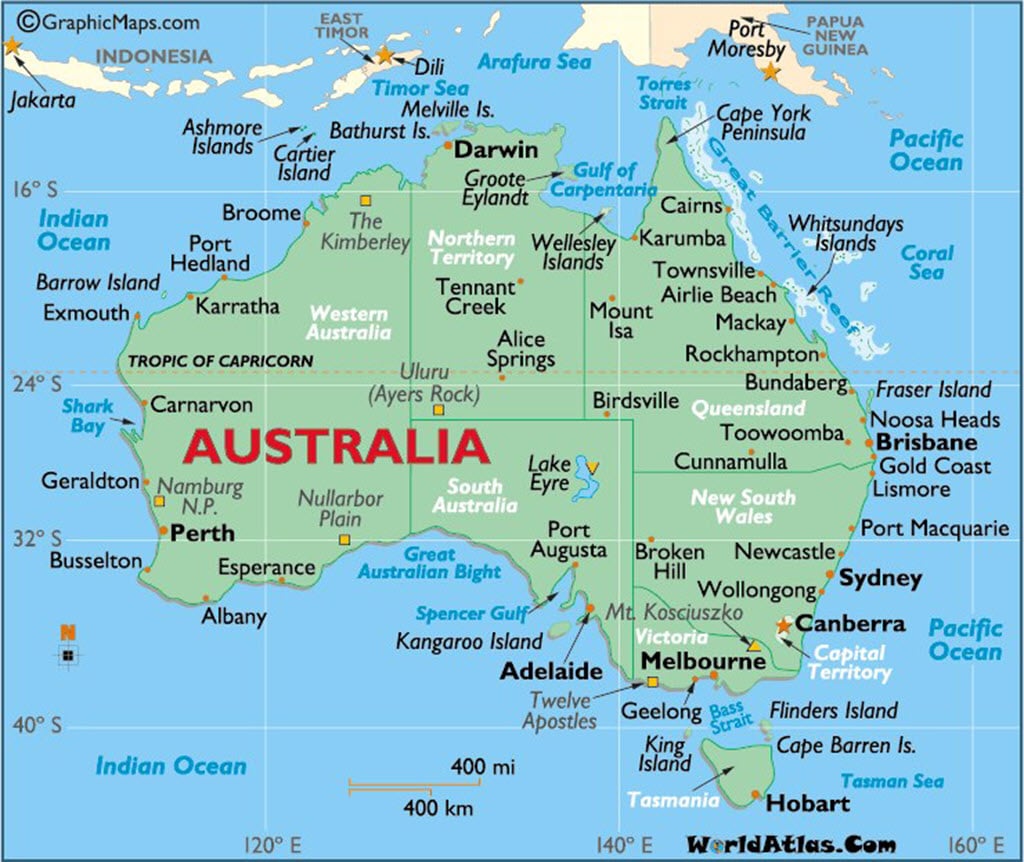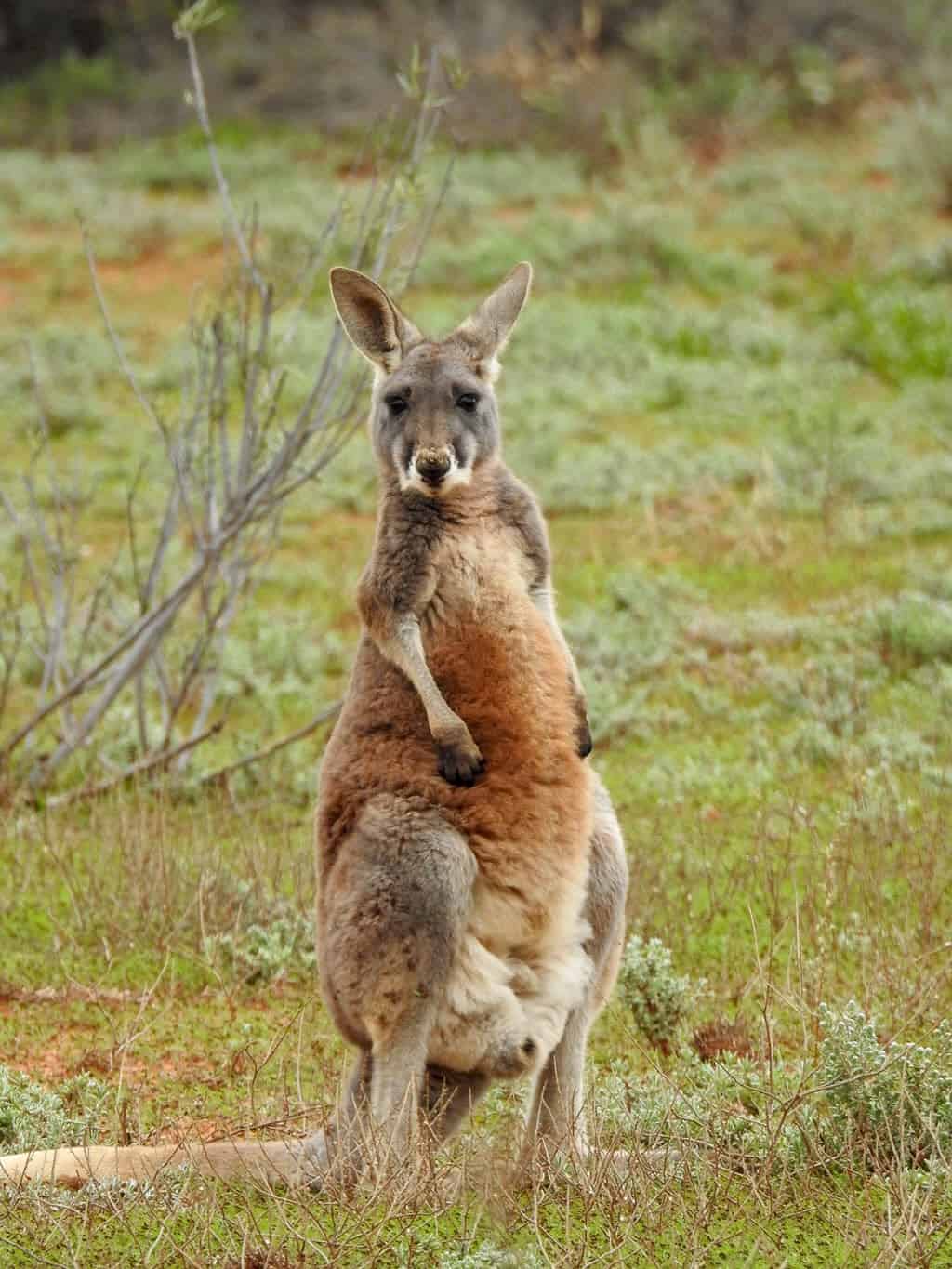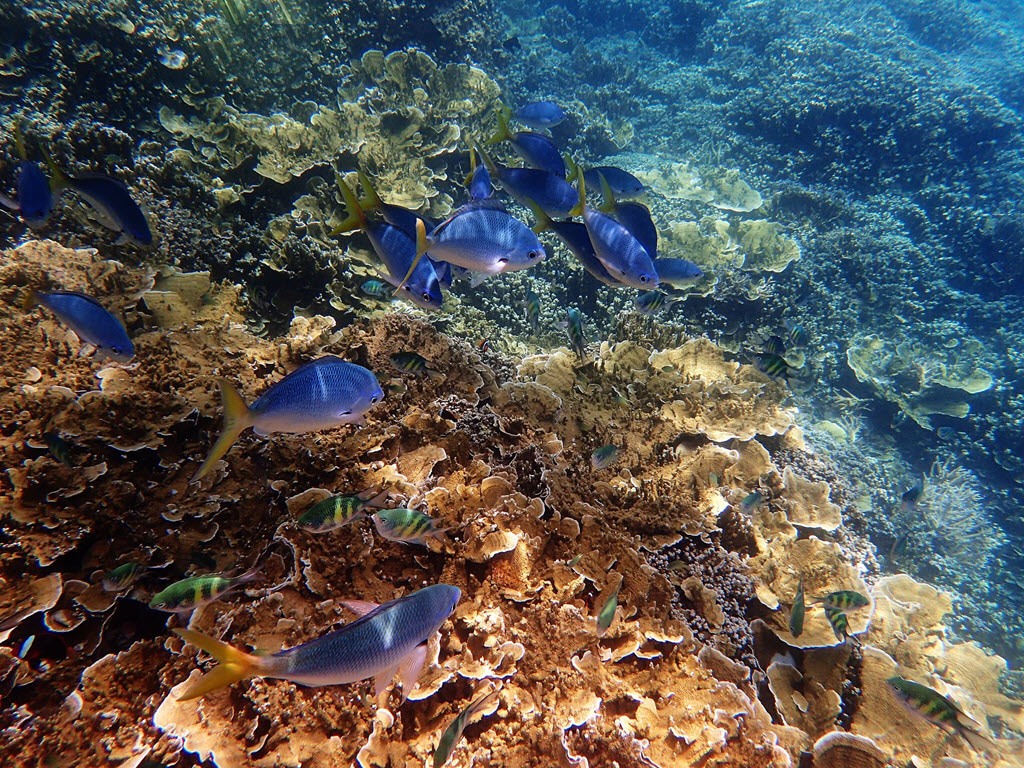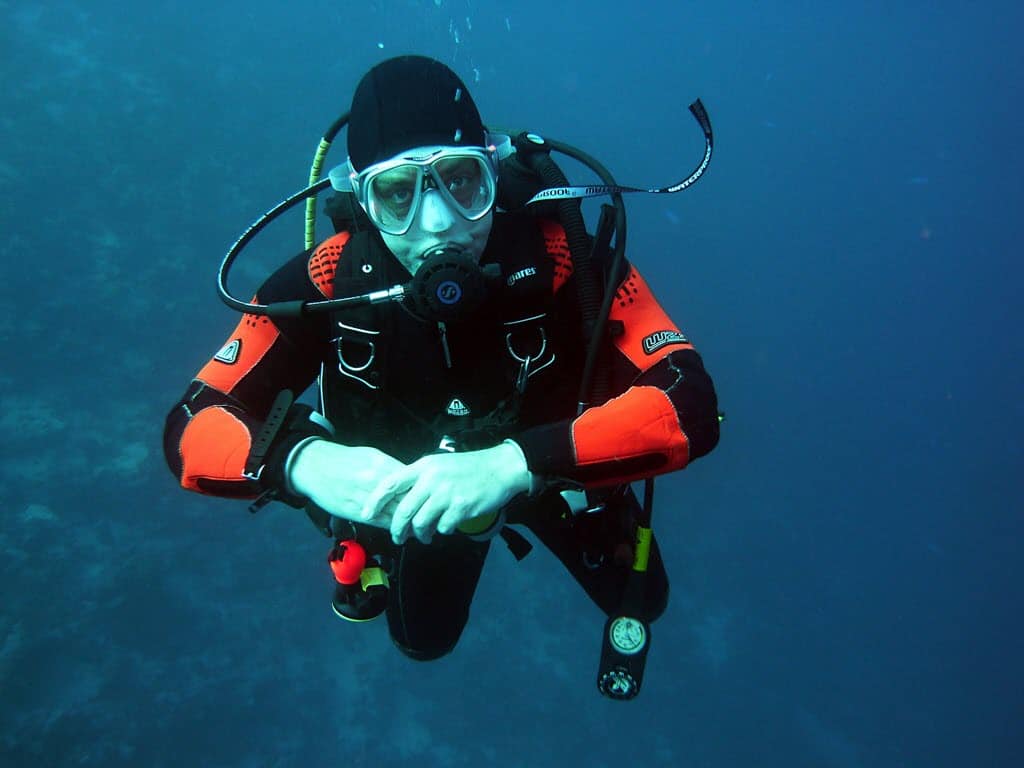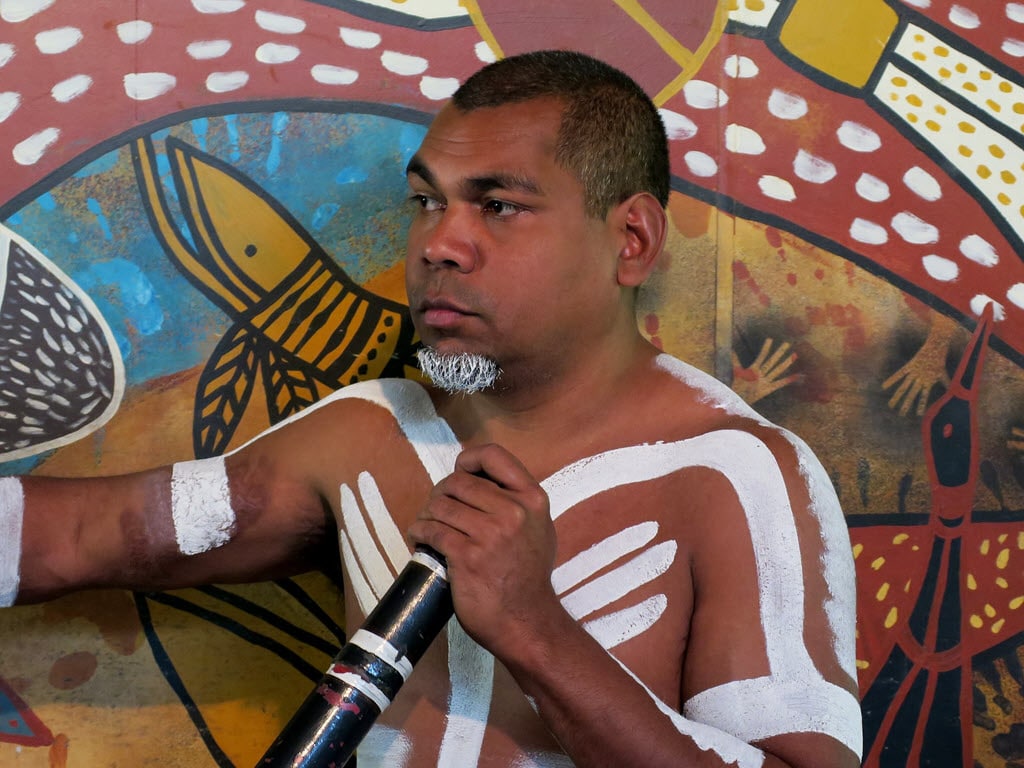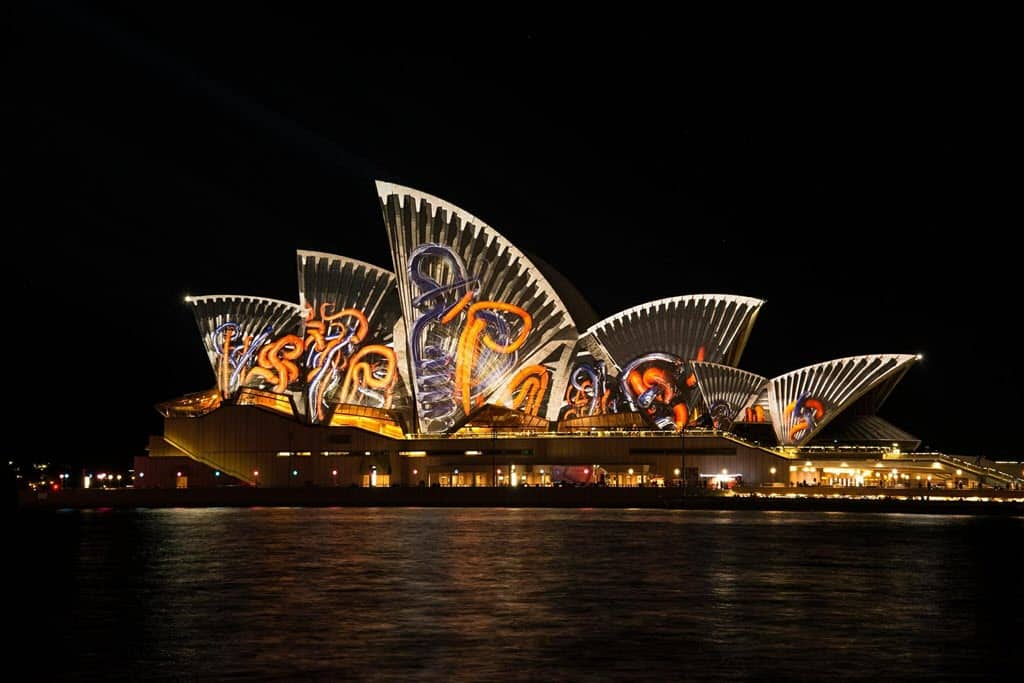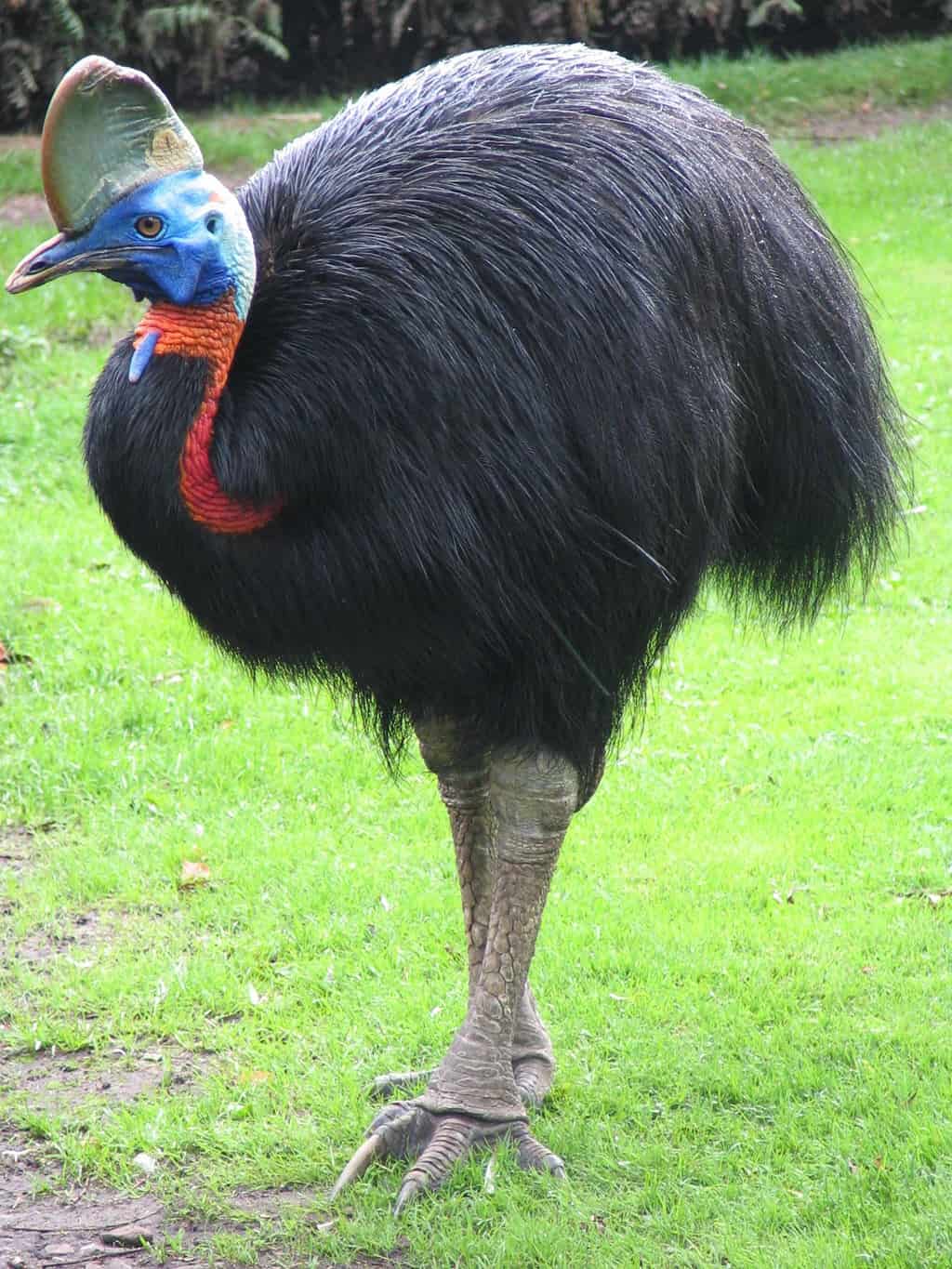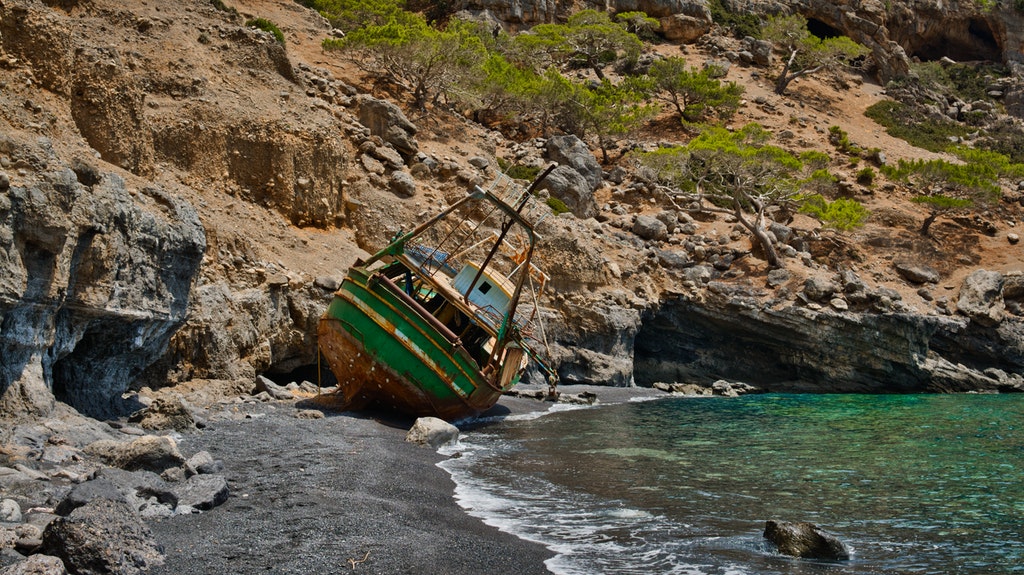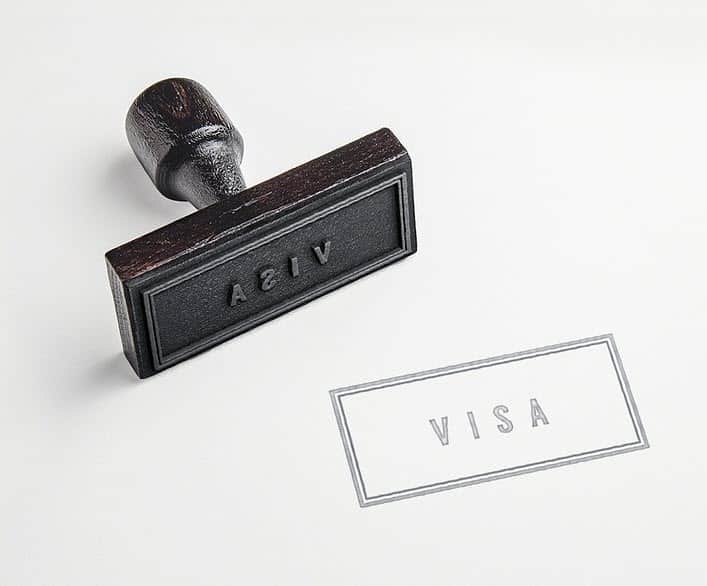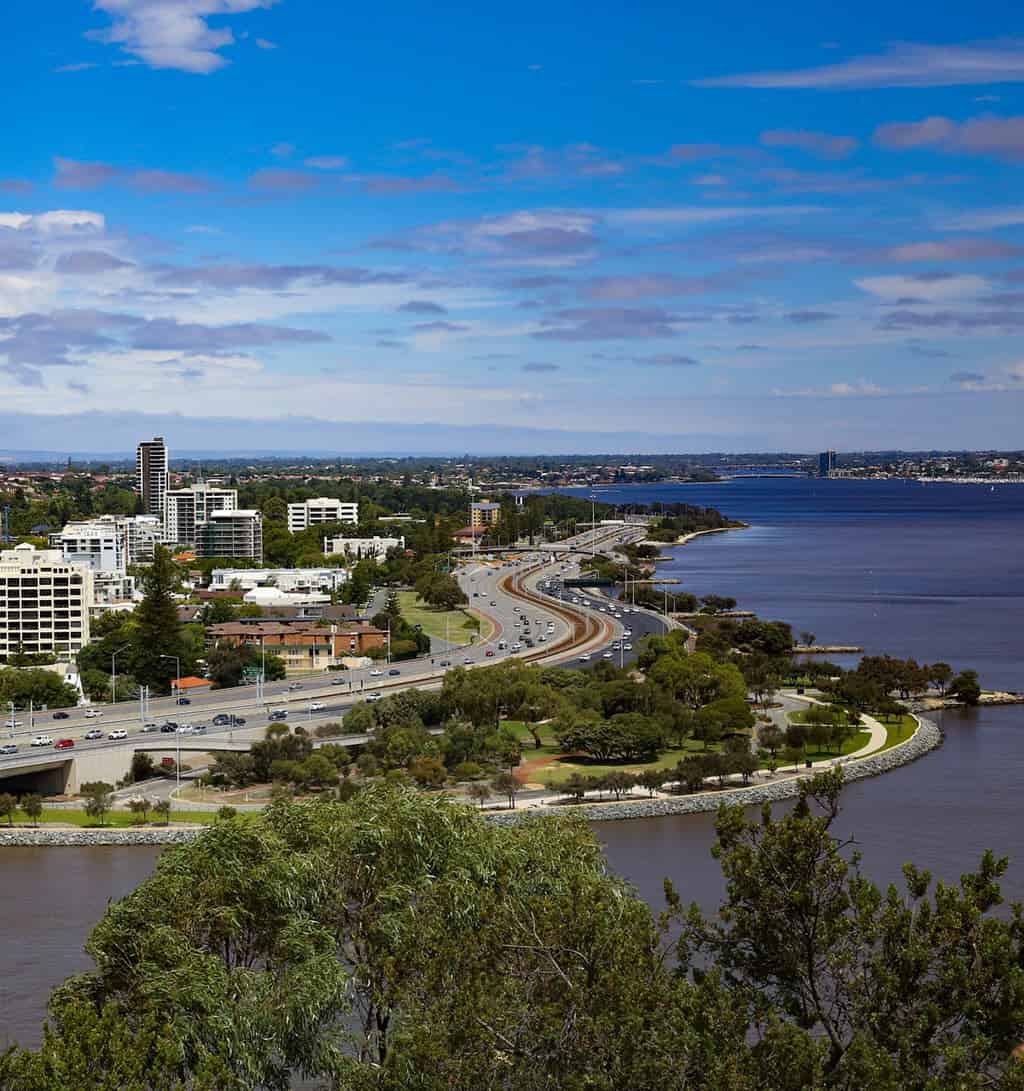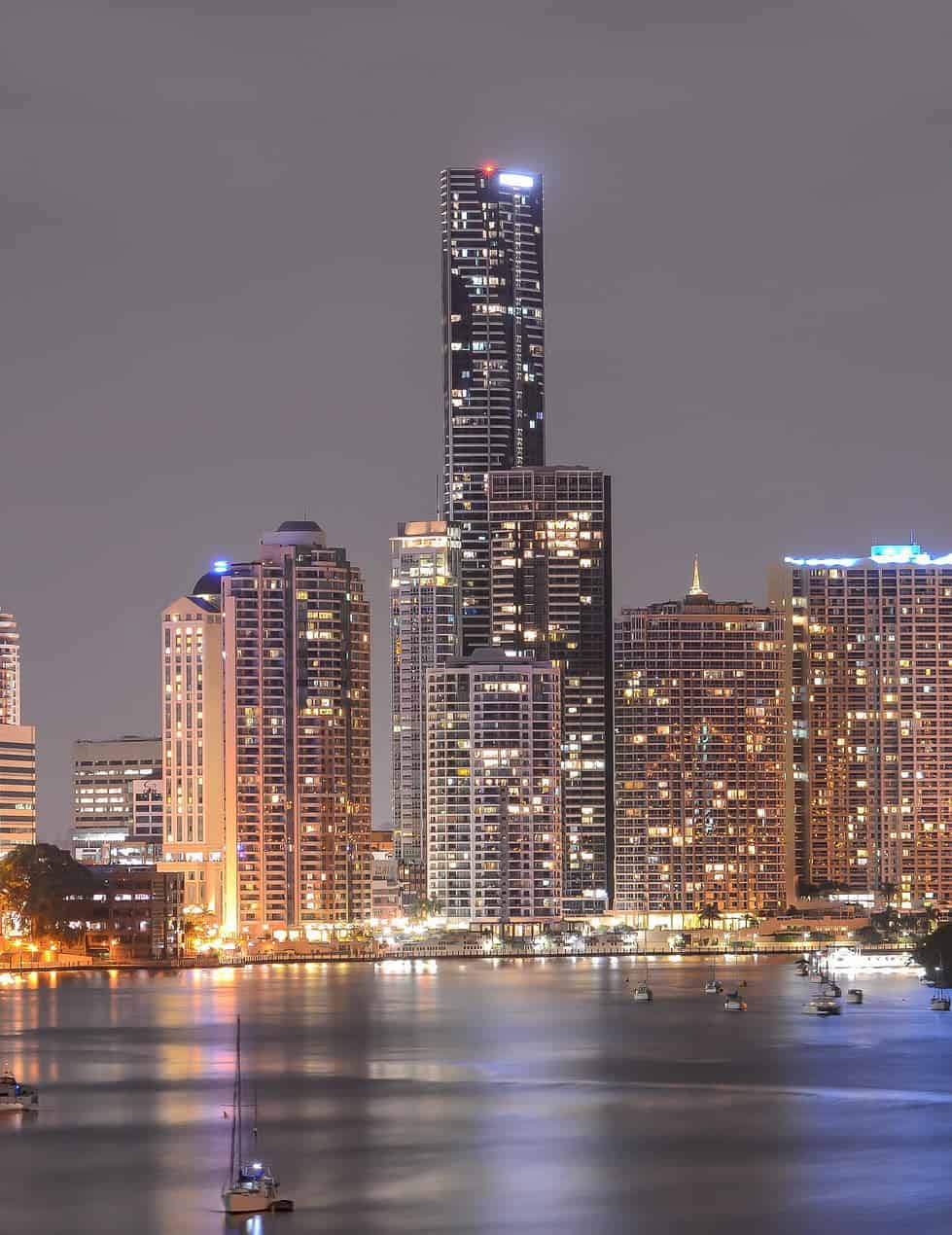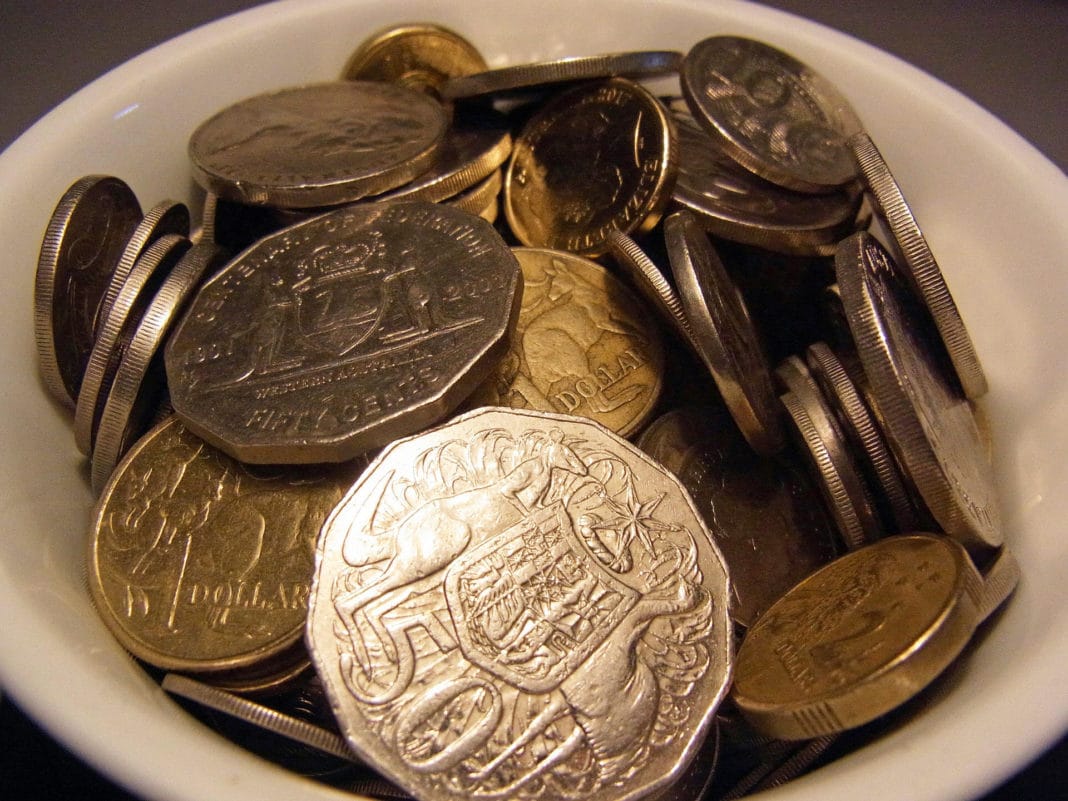- Australia offers diverse climates, ancient geography, and unique wildlife, making it a compelling destination for nature lovers.
- Moving requires careful visa selection—work, student, partner, and tourist visas have distinct costs, requirements, and wait times.
- Cost of living varies widely; Sydney and Melbourne are expensive, while Perth and other cities can be more affordable.
- Prepare for practicalities: long flights, pet quarantine and vaccinations, banking, phone plans, and adapting to left-side driving.
- Healthcare (Medicare) is available for permanent residents/citizens; research housing, roommates, and local transport before relocating.
rocket
Imagine what moving to Australia would be like.
Not visiting.
Moving there.
What do you see?
Some people see this:
Image: by pattyjansen, via Pixabay
Others see this:
Image: by Free-Photos, via Pixabay, altered
And if you're young enough, thinking of Australia definitely has you seeing THIS:
No matter what, moving to Australia can be a dream for many.
It's true!
The geography alone (that is, being WAY over there) makes the entire country quite a bit different than most, and the wildlife, as well as the locals, certainly keep things interesting.
However, if you're not realistic about your expectations, you can end up in a real bind in Aussieland.
But if you pay attention and read our guide before you go, we'll be able to help you nail your big move!
Why Move To Australia – Best Reasons
Before we talk about how to do it, we should ask why you're moving to Australia in the first place!
Image: by MartinStr, via Pixabay
So you're probably going to want a good explanation for friends and family.
(After all, you can't just up and say you're moving to Australia for a guy you dated at camp once. That's Rebecca's thing.)
Fun fact: Google says that Sydney is over nine thousand miles away from my hometown of Rochester, NY.]
So here are a few (way better) reasons to move to Australia.
”Best Reasons To Move To Australia”
- Nature
- Wildlife
- Education
- Anthropology
- Landmarks
- Healthcare
- Job Opportunities
- Nightlife
Geography
One of the first and most striking features about Australia is the land itself!
Wow!
Formation
As it turns out, parts of Australia sprang out of the sea at least 3,000 million years ago, and the continent looks much different today than it did then. What scientists call Yilgarnia in Western Australia is actually one of the oldest landscapes preserved on Earth.
Where else are you going to find geography like that?
Image: by PublicDomainPictures, via Pixabay
Nowhere.
Fossils
Though we'll talk about the crazy wildlife in Australia today, fascinating examples of ancient wildlife also pack Australia.
It may not have been in the top ten for the heyday of dinosaur evolution, but there's still ancient history from Australia worth checking out, including dinosaurs!
Diamantinasaurus
Recently discovered in Australia's Queensland province, the Diamantinasaurus was a lightly armored Titanosaur.
His name comes from the fact that he was 10 tons — and he was one of the relatively small ones.
Diamantinasaurus Image: CC by 2.5 by T. Tischler, Australian Age of Dinosaurs Museum of Natural History via Wikimedia Commons
Australovenator
Besides having a killer name for pickup lines, the Australovenator was a meat-loving machine from Cretaceous Australia.
This little guy only weighed about 300 pounds, but it was undoubtedly quick on its feet — it's been described as a cheetah!
Australovenator Image: CC by 2.5 by T. Tischler, Australian Age of Dinosaurs Museum of Natural History via Wikimedia Commons
Climate
Apart from Antarctica, Australia is the driest continent on earth, with 85 percent of the population living on the edge of the coast only 50 kilometers away from water.
Image: by MemoryCatcher, via Pixabay
But that doesn't mean that everything is deserts!
When moving to Australia, pretty much every climate type is available to you, including:
- Tropical zones and wetlands
- Rainforests
- Subtropical zones
- Grasslands
- Temperate, arid land
The point is that if you move to Australia, you can find whatever type of climate suits your fancy.
(You might even find yourself drinking White Wine in the Sun at Christmastime with Aussie Tim Minchin*.)
*Viewer discretion is advised
History
Moving to Australia without knowing about its history would be like buying a car without asking any questions.
So here's some (brief) history about the land down under!
Australian states
Similar to the U.S., Australia is a federation of states — but there are only six of them:
- New South Wales
- Victoria, Queensland
- Western Australia
- South Australia
- Tasmania
Image: CC BY 2.0, by Nathan Hughes Hamilton, via Flickr
Each state has its own government and its own parliament, and their decisions are final — unless they violate the federal constitution.
Australia is also a commonwealth of the United Kingdom, meaning that Queen Elizabeth II of England is also the queen of Australia and the 52 other nations in the Commonwealth of Nations.
Australia was colonized in 1788 and officially became an independent nation on January 1, 1901. However, the pre-history of the continent — the period between the first human habitation and the consistent documentation of history — is estimated to be 40,000 to 60,000 years!
Nature
If you're big into nature, you probably already know that Australia is the place for you.
You should be careful, though — lots of wildlife can be more dangerous than you think!
Kangaroos
Despite their cuddly image, kangaroos can be deadly!
Though their front limbs aren't really dangerous, they can disembowel enemies with their famous back legs.
So if you see one when you land in Australia, just leave it alone!
Box Jellyfish
Everyone knows that jellyfish can be tricky, but the box jellyfish takes it to a new level.
This sea critter can send you into cardiac arrest within minutes, so stay away from murky water!
Great Barrier Reef
Not all of Australia's wildlife is designed to kill you. A great example is the breathtaking Great Barrier Reef — the world's most extensive reef system.
Image: by xxun0125, via Pixabay
The reef spans 348,000 square kilometers and is home to 2,500 individual reefs over 900 islands. If that's not enticing enough on its own, you can also go scuba diving and get some fantastic photos for Instagram!
Image: by joakant, via Pixabay
Culture
Let me guess.
You dream of moving to Australia, but you're afraid to leave your culture and traditions.
But you know what?
Australia is full of diverse and fascinating culture to compensate.
Even though there's no place like home, if you look hard enough, you'll be able to find a culture to fit into!
Aboriginal culture
Image: by itimlin, via Pixabay
Not only that, but they have storied artistic, musical, and spiritual contributions.
In truth…
“Aboriginal” refers to many different kinds of people with entirely different cultures — which means you'll never run out of new identities to explore.
Nightlife
By now, you probably know that Australians love a good drink.
According to Culture Trip:
”On the World Health Organisation’s table of the thirstiest nations on earth, Australia is the third booziest country outside Europe (and 19th overall), guzzling down 12.2L of alcohol per capita each year. And with a world of wonderful wineries dotted all over the countryside as well as a booming brewery scene developing in our cities, it’s no mystery why we’re so fond of a tipple. Cheers!”
So when you get to Australia, you'll find no shortage of drinking buddies!
Sightseeing
Admit it — you also want to do the touristy things in Australia.
Don't worry.
I won't tell anyone.
Once you set foot in Australia, you're bound to want to visit these attractions:
Sydney Opera House
Image: by pattyjansen, via Pixabay
You need no formal invitation to visit this architectural marvel. Completed in 1973, it houses theaters, studios, a concert hall, exhibition rooms, and a cinema.
You'll be glad you did!
Daintree National Park in Far North Queensland
Take a breath of fresh air among the ancient ecosystem of Daintree National Park.
Ahhhhh!
According to PlanetWare, the park boasts biodiversity including more than 18,000 plant species and a vast array of animal species — including the cassowary, crocodile, giant blue Ulysses butterfly, and the secretive Bennett's tree kangaroo.
Kangaroo Island
You'll want to visit this one based on the name alone!
Kangaroo Island has everything you can imagine — sea dragons, shipwrecks, sea lions, penguins, shipwrecks, koalas, and more!
(Did we mention shipwrecks?!)
Image: by George Despiris, via Pexels
Politics
You may be surprised to learn this.
What you may not know about moving to Australia is that it can have political advantages for you, too!
Well, depending on your political leanings, that is.
LGBT rights
A 2016 study showed that Australia is open to many different kinds of people, and ranks as one of the most tolerant countries on earth.
That's good news!
Especially for LGBT people, because the country legalized gay marriage in 2017.
Guns
Guns in America make a lot of people nervous.
However, you won't worry about that in Australia, because guns have essentially been banned since 1996 (unless you have a really good reason for having one, like hunting.) Even then, no one worries about rapid-fire guns like automatic or semi-automatics.
If this is important to you, Australia is definitely the place to be!
Talk like an Aussie
One of the most exciting parts about moving to Australia (or anywhere) is exposure to new languages. And while non-aboriginal Australians technically speak English, they also have a language all their own!
Here's some helpful slang you should learn before you consider moving to Australia:
A cold one – beer
We weren't kidding when we said that Australians love a good drink! So it's no surprise that it's in their language, too.
Woop Woop – middle of nowhere
Considering how much of Australia isn't inhabited by humans, this one will probably come in handy more than once.
Drongo — a fool
We don't recommend you move to a new country and just start calling everyone fools — but you should be armed with the knowledge.
Moving To Australia
If you're still moving to Australia after learning about kangaroo power kicks and box jellyfish stings, you're probably ready!
We've all experienced it — the call to adventure is strong, and you're prepared to make a significant change in your life.
But there's just one little problem.
How do you move to Australia?
It might sound nice in theory, but once you're considering taxes instead of the Great Barrier Reef, you might find yourself re-thinking this whole operation.
But don't worry!
First of all, fear is normal.
And second of all, we're about to get into the nitty-gritty, so you don't have to fly blind.
And speaking of flying…
Flying To Australia
I'm assuming that you don't want to take a rowboat all of the way to Australia (you might end up like these guys)!
Image: by MartinStr, via Pixabay
If that's the case, you'll want to read up on the best times to fly and the best times and best airlines to fly.
Flight time
There's no way around it — getting to Australia takes a loooong time, no matter which way you slice it. As I mentioned earlier, it's more than 9,000 miles from New York, which translates to 32 hours of plane time!
Flight price
From pretty much anywhere in the United States, you can expect to be dropping at least $1,000 anytime you want to head for Aussieland.
That's why it's a good reason to be strategic about planning your flights.
Angling for deals on airline tickets can really save your bacon — and you're going to need as much money as you can muster to start your new Aussie life.
Best practices
According to the Telegraph, one of the best things you can do is pick the right time of year for your escape:
“The lowest season generally for flying to Australia is from mid April until late June. This is late autumn/early winter Down Under …”
They also claim that ports of entry don't change your fare that much, but they do change your airline selection.
So what does this mean?
Flying into Sydney will probably be your best option, even if another is closer to where you're headed.
Traveling With Pets
You may be thinking:
“But what will I do with my pet?”
I know the feeling.
For many people, leaving for a foreign country without their beloved companion is NOT a consideration.
So what will you need to clear your pet for entry?
Be prepared ahead of time
When a pet is involved, it's hard to leave on a dime, especially considering Australia's 180-210 day preparation period.
Bottom line:
Your animal will have to be tested for rabies, microchipped before travel, and you'll have to gather health documents proving that this all happened.
It's not a “last minute” kind of task.
Quarantine
According to Pet Relocation, your pet is going to have to spend time in quarantine when moving to Australia.
Gah!
Knowing this ahead of time can save some anguish — even though you'll miss them anyway!
Other Information
You should acclimatize your animal to their crate well before you get on that plane.
Remember:
If all this travel is confusing or scary for you, it's just as scary for them.
They don't know what's going on and they'll be worried in the cargo bay of the plane, so make sure they're as comfortable as they can be.
Follow the rules
Your puppy's floppy ears and adorable smile will not be enough to get him through this — you need to follow the rules!
Otherwise:
Australia will send Fido right back to Michigan.
Visas
Even the word “visa” can send a shiver through your spine. The bureaucracy of movement is a real hurdle.But you don't have to do it in the dark!
Image: by MartinStr, via Pixabay
Visa Type
Here's where you really have to nail down why you're moving to Australia.
Do you want to work?
Do you want to study?
Are you an independently wealthy billionaire looking for a great view?
If you want a visa, you're going to have to tell the Australian government which one you want and why. For each and every visa you could want, the government has a list of eligibility requirements, so you don't waste your time.
Note:
Applying for the wrong type of visa can be frustrating and hinder the process of moving to Australia!
Image: by jaydeep, via Pixabay
First work and holiday visa
This one is perfect for the traveler who wants the ability to make some cash while they see the world!
According to the government website, you have to be 18 to 30 years old, and not previously entered Australia using a Work and Holiday visa or a Working Holiday visa. The visa lasts up to 12 months and costs 450 Australian dollars ($318).
A good portion of applicants (75 percent) finish the process in 42 days, but for the majority of people (90 percent), it's going to take about 71 days.
Tourist stream visa (apply outside Australia)
This is for the person that just wants to have a good time in Australia, and the government wants to know a couple of things about you:
- That you are a genuine visitor
- That you have enough money to support your trip and leave
If you're planning to be in Australia for a long time, this one isn't for you. But at the low cost of about $100 and a wait time of 18 days for 75 percent of applicants, it's an attractive option for those who just want to pass through.
The tourist stream visa that you apply for from inside of Australia might be a good option if you have a visa that is expiring, but it's a bit more expensive.
Partner visa
You may have heard that visa troubles get easier if you can find love in Australia and apply to settle down there with a partner.
That's only half-true.
If you're married to an Australian citizen, a permanent resident, or eligible New Zealand citizen, you can apply for a temporary partner visa. It allows you to stay in the country temporarily while getting a decision for a permanent visa. However, this one will set you back a whopping 7,160 AU$ ($5,071).
Note:
It's also important that you're in a “genuine” relationship. Moving to Australia in a fake marriage is not worth the risk! The Australian government will find out.
Student visa
If you're a student, young or old, moving to Australia, a student visa might be right for you.
As you might imagine, one of the requirements is being enrolled in a course of study in Australia, and the other is overseas health insurance for the duration of your stay.
The good thing about this visa is that it can be granted for up to five years, more than enough time to get yourself a good degree.
Employment visa
All of the employment visas are for permanent stays, but they are hard to get, expensive, and require the participation of an Australian employer.
For the Temporary Residence Transition stream, you typically have to work for your employer full-time for at least three years before applying.
For the Direct Entry stream, it's important that your job is on the list of skilled occupations.
They will cost you a pretty penny at about $2,659, so if you plan to apply for one of those, you'll want to save up over those three years and probably before!
Retirement visa
Unfortunately, this visa is currently closed to new applicants, other than “partners of existing Retirement visa holders.”
There are even more options on the government website for those with distinguished careers or no-cost visas for those fleeing persecution or discrimination at home. You owe it to yourself to learn exactly what kind of visa you need, how long it will take, and what it will cost.
Anything less can leave you with some nasty surprises on the way to moving to Australia.
Unfortunately, this visa is currently closed to new applicants, other than “partners of existing Retirement visa holders.”
There are even more options on the government website for those with distinguished careers or no-cost visas for those fleeing persecution or discrimination at home. You owe it to yourself to learn exactly what kind of visa you need, how long it will take, and what it will cost.
Anything less can leave you with some nasty surprises on the way to moving to Australia.
Cost of living
So let's say you've successfully jumped through all the bureaucracy of visas and the hurdles of pet travel, and you. are. THERE.
You've finally made it to Australia!
All your troubles are gone!
Image: by MartinStr, via Pixabay
Not exactly.
Cost of living is a crucial factor when moving to Australia. It simply doesn't cost the same amount to live in Rabat, Morocco than it might cost to live in New York City.
So to give you a grounded sense of what kind of beating your wallet will take, here is the cost of living for some of Australia's most popular cities:
Melbourne
Expatistan keeps extensive track of the cost of living in cities around the world. According to them, rent for a 900 square feet of space in a normal area of town will run you about 1,475 AU$ ($1,044) in Melbourne.
While that's not unthinkable for Americans from cultural capitals like Los Angeles or New York, it can be a bit steep for others.
And even though the Australian dollar is 71 cents to the U.S. dollar, that difference isn't big enough to save you much.
Keep your eyes open!
Sydney
Sydney is easily one of Australia's most famous cities, and the prices show it.
Going to the movies for two will set you back 37 Australian dollars ($26), and one cocktail in a downtown club will be 18 AU$ ($12). The rent is also much higher, reaching up to 3500 AU$ ($2478) for a furnished space in an expensive area.
And hopefully, you're not a smoker, because a 25-pack of cigarettes can bang your wallet for a whopping 33.90 AU$ ($24)!
Perth
Image: by Shahrokh, via Pixabay, altered
Luckily, prices are a lot more manageable in Perth than they are in Sydney. It seems like the highest you'll pay for rent is somewhere around 2000 AU$ ($1416).
A basic dinner for two will cost about 60 AU$ ($42), and a beer in your friendly neighborhood pub is likely to be around 11 AU$ ($7). If you're a little more money-conscious when moving to Australia, this could be the choice for you!
Brisbane
Image: by davodlbnn, via Pixabay, altered
Brisbane seems to be the same story for high rents, but if you get something in a normal area, you'll be looking to spend about 1941 AU$ ($1,374).
A nice pair of jeans can cost you about 103 AU$ ($72), and a taxi ride on a normal day is likely to only cost you 24 AU$ ($16).
By now, you might be wondering how you will afford to live in a high-priced city, especially if you're moving to Australia solo.
The truth is:
Not everything can make living in the big city cheaper. However, there's one easy solution for keeping your costs down.
Roommates
A good roommate adds as much to your life as a bad one subtracts from it.
There's no shortage of horror stories about living with other people, and sometimes close quarters can cause sparks to really fly.
Image: by MartinStr, via Pixabay
But when moving to Australia, if your wallet is getting lighter by the minute, it might be time to swallow that pride and look for people to share your space with you.
Here are some tips for (hopefully) getting it right the first time.
Play the field
Remember:
It's not at all weird to interview multiple roommates. You don't have a responsibility to take the first applicant, red flags or no.
If someone is champing at the bit to get into your space without many questions, it's worth taking the time to examine your choices more closely.
This is also why it's a great idea not to wait until you're in a tough spot to look for a roommate.
Being short on rent is the easiest way to settle for a bad roommate because you're desperate enough to take whoever comes along.
Know your types
If you are a person who goes to bed every night at 10 p.m., you might not want the party girl as your flatmate.
Or if you're a late riser, someone banging around in the kitchen at 7 a.m. might drive you crazy.
Be honest about the kind of person you are, and pay attention during your roommate interview for red flags and warning signs. If they're not on good terms with their last roommates, it could be a sign that they are trouble.
Ask good questions
When you interview roommates, be sure to ask good questions.You're not just trying to root out dirt — you're also trying to get to know them!Ideally, a good roommate is someone you share things in common with..
So here's a handy list from Brick Underground on questions you definitely should ask when you first interview your potential roommate:
- 1How often do you clean?
- 2What do you do on the weekends?
- 3Do you like to have friends over or keep the party outside?
- 4Do you smoke?
- 5How often do you drink at home?
- 6Are you still friends with your old roommates?
- 7Do you have references?
- 8What time do you go to bed?
- 9Do you have any pets? Are you considering getting any?
- 10What do you do for a living?
- 11How long is your average workday?
- 12Do you work from home?
- 13Do you expect a lot of out-of-town visitors?
- 14What’s your romantic situation?
- 15What do you want in a roommate?
- 16Can you put down a deposit?
- 17How often do you cook?
- 18How long do you plan to stay?
- 19What are the challenges you've faced in past living situations?
- 20What are your pet peeves?
- 21Anything else I should know?
The way that your potential roommate answers and the answers themselves will give you insight into the kind of person they are, and whether or not you want to live with them.
Fantastic roommates and where to find them
So now that you've decided you want a roommate, where can you find them?
Well, if you're a student, you're luckier than most.
Start at school!
Even if you live off-campus, school is a built-in network of people, and you can use that to find your perfect roommate! You can even use sites like AmberStudent to connect you with others near your university.
If you're not enrolled in school and looking for roommates, there are some other options.
The world wide web
The internet can be a great place to find potential roommates!
By connecting with people in your area online, you can narrow down the perfect person to share your flat with. Here are some sites:
- Flatmates.com/au
- au.roomgo.net
- flatmatefinders.com.au
- au.easyroommate.com
Though the web can be helpful when finding a roommate, it's not the only way!
Even more, other solutions for finding roommates aren't necessarily tech-based!
Go outside!
Going to do the things you enjoy doing can sometimes produce a better roommate than you can find on your own.
Luckily, this comes with the added benefit of making friends and getting out there.
If you find a roommate at your favorite bar/bookstore/club/archery range/turtle sanctuary, then you've likely found someone you enjoy spending time with, and that's a great start to a roommate relationship.
Score!
Friends and family
When I moved to Rabat, Morocco, I knew two people — my best friend and his wife.
However, I was able to land a job immediately because a Facebook friend owned a language school.
The point is that often you wouldn't believe the kinds of connections that exist in your life, even across the ocean. So never hesitate to let friends and family know you're looking for a roommate when moving to Australia.
They might know someone who's perfect for you, and even if they don't, it will put them on notice if they hear something!
Choosing a roommate carefully is important, because, as Larissa Gardner from Hello Acasa says, “… at the end of the day you will literally have to live with your decision every day.”
So choose wisely!
Healthcare
When most Americans think of socialized healthcare, they think it means that private healthcare is gone, but they both exist in Australia!
According to Moving To Australia, you can only be eligible for Medicare if you are a permanent visa holder or an Australian citizen.
Image: by MartinStr, via Pixabay
The good thing about the government-run system is that it applies to all states in Australia!
MTA says:
“The Australian public healthcare system provides payments and services that can help you or someone you care for. Medicare usually covers free or subsidised treatments by healthcare professionals like doctors and specialists and in some instances subsidised medicines.”
To take advantage of this healthcare, you're going to want to visit a Medicare office immediately upon arrival (7 to 10 days) and they'll show you the rest!
Education
With American education becoming more and more expensive, students are searching for easier ways to get a higher education.
Unfortunately, that's not what you're going to get in Australia.
Image: by MartinStr, via Pixabay
Although moving to Australia comes with a host of personal and professional benefits, you're still going to cough up a big chunk of change for the opportunity.
According to StudyMove, the average cost of a college education in Australia was 30,840 AU$ ($22,170) per year in 2018, and 31,596 AU$ ($22,700) for international postgraduates.
For context, that's pretty much exactly what I paid for my college education.
However, there are scholarships available funded by the Australian government for high-achieving international students, both for undergraduate and postgraduate studies.
Banking
Not having access to funds when you move abroad can leave you feeling stranded. Especially if you're moving to Australia by yourself, you'll need to learn how to keep up with your finances.
Image: by MartinStr, via Pixabay
Westpac
Westpac is the first bank in Australia. The good news is, with certain conditions, you can open an account up to 12 months before you even arrive in Australia.
This can be helpful for buying plane tickets, proving funds to the government, or placing a security deposit on a space you'd like to rent.
All these moves will help you feel better about moving to Australia and will make you feel safe. You'll also want to use some comparison sites to make sure you're getting the best deal.
Image: by TONY-PHOTOS, via Pixabay
Money transfers
Even if you have your own cash (and you should!), you still might find yourself in a bind sometime. If that happens, you'll need a money transfer!
Australia has the same big money transfer services that the U.S. has, like Western Union and Money Gram, but whatever you do, always:
- Read the exchange rate to make sure it's fair. Otherwise, you could notice a huge heap of your money gone missing.
- Avoid the big banks. The exchange rate is not likely to be fair.
Getting Around
Assuming you didn't drive there, how do you get around in Australia?
Well, you'll be happy to know that all the major cities we talked about — Brisbane, Melbourne, Sydney, and Perth — all have a great combination of trains, trams (also called light rails), buses, and ferries.
Image: by MartinStr, via Pixabay
The card systems are not unified, so you'll have to have a different type of card for every city you visit. But having public transportation available means you'll never miss out on a chance to see the sights!
And just in case you're curious and were too embarrassed to ask — yes, Australians do drive on the left side of the road.
Renting a car
Renting a car in Australia is pretty straightforward — you'll have to be over 21 to do it and over 24 to avoid a daily surcharge.
(Sorry, young people!)
Car rental companies also generally accept valid licenses from the U.K. and the U.S., but as mentioned, Aussies drive on the left, so you might want to practice first.
Phone
In today's day and age, phones are an essential part of our lives.
A fun game to play with your friends is the question, “How far away do you need to be from your house to not return for a forgotten phone?” (even though the answer is usually that we barely get the car started without noticing.)
Australia is a million miles away, but that doesn't mean you have to be disconnected from friends and family!
Image: by MartinStr, via Pixabay
Which phone contract is largely going to depend on what you do with your phone and how often you need to do it. If you need long, rambling calls with your long-distance girlfriend, you might want a plan with unlimited minutes. Or maybe your international clients need a reliable phone number to reach you at.
Whatever your situation, there are phone plans for you!
Note:
One of the biggest factors you'll consider is how long you want to stay in Australia.
What You'll Gain From Moving To Australia
There is no way to sugarcoat it — moving to Australia can be hard.
Lots of people have had smooth and seamless experiences, but for some, it wasn't that easy. Being in a new culture, far from home, and without a clue what's going on can be tough.
But …
It can be one of the best decisions you'll ever make in your life.
Image: by MartinStr, via Pixabay
Speaking as a person who moved from the U.S. to Morocco, I am deeply familiar with the fears and anxieties that come along with living abroad. And just when you overcome another challenge, ten more come at you.
It's just the nature of the business.
However:
If this is something that you really want to do, and you want to take that big leap in your life, do it. Because no one on earth is more full of resentment and sadness than people who didn't go after what they truly wanted.
I wouldn't even say, “Don't be afraid,” because the truth is that fear is good.
Fear is a reaction to threats, and if you can feel it, it means you're realistic about the obstacles facing you. But fear doesn't mean you're not ready.
See? Hugh thinks you're ready. And that's all that really matters.
I sincerely hope that you learned something from this guide and that you use it to empower your great big journey to the land down under!
Have you moved from the United States to Australia? Share tips in the comments section below.

